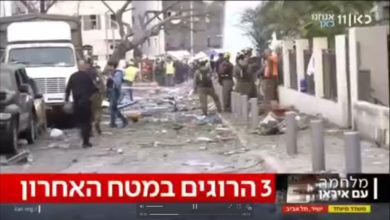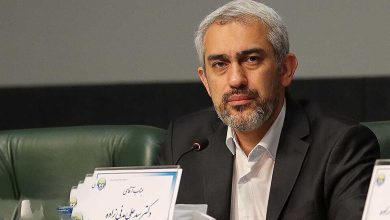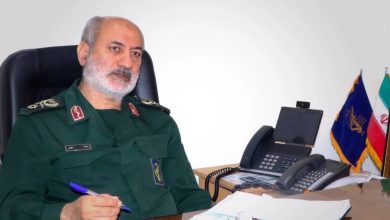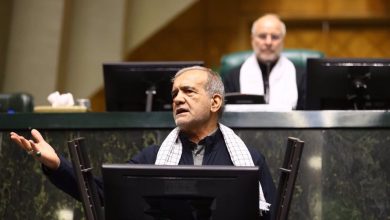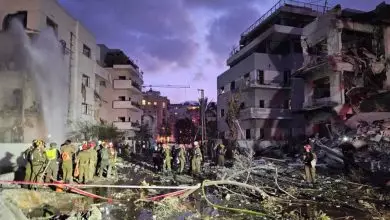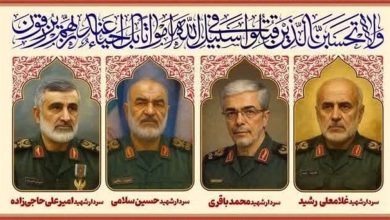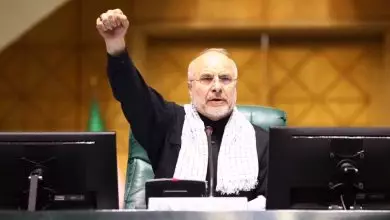South Korean investigators formally requested the police to arrest Yoon
South Korea's anti-corruption investigators formally requested police on Monday to arrest President Yoon Suk Yeol, who was impeached following a standoff over his alleged attempt to implement martial law. The arrest request comes after a week-long effort to detain him.
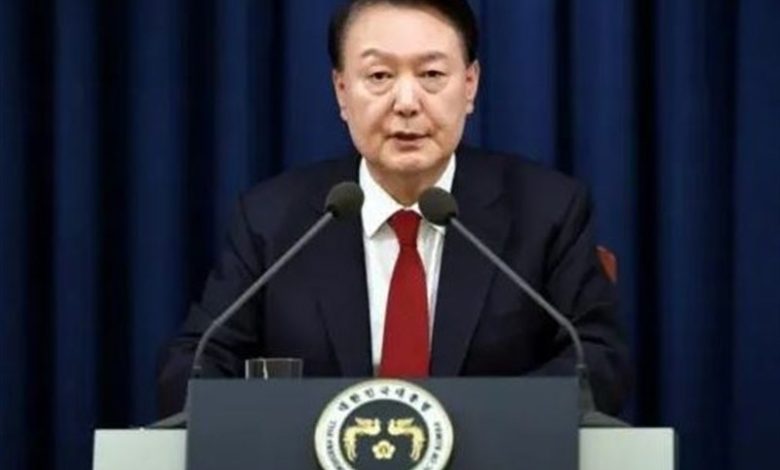
The once-celebrated prosecutor has declined to submit to questioning and has entrenched himself in his home. Following an unsuccessful attempt to arrest him last week, authorities are now working to extend the warrant’s expiration on Monday and are seeking additional assistance in the matter.
The Corruption Investigation Office (CIO) has formally requested the police to assume control of the case, citing significant challenges encountered in their investigation. In response, Yoon’s legal representatives have challenged the legitimacy of the CIO’s authority to detain their client.
In a briefing to reporters, Deputy Director Lee Jae-seung of the CIO stated, “The warrant’s validity comes to an end today. We intend to file for an extension with the court today.”
He stated that they would confer with law enforcement authorities regarding the timing of the warrant extension. However, the police have not yet approved the request.
In a significant development last week, investigators reversed their course due to safety concerns after an intense and prolonged standoff involving hundreds of security personnel.
Yoon is confronting severe legal repercussions, including the possibility of imprisonment or even the death penalty, if found guilty of insurrection charges. This arises from his temporary suspension of civilian government, which has led to South Korea’s most severe political crisis in recent decades. Despite these circumstances, both Yoon and his supporters continue to stand firm in their position.
Kim Soo-yong, a 62-year-old protest organizer, announced that measures would be in place to ensure the safety of the Presidential Security Service, which is tasked with protecting the President. This security arrangement will remain effective until the expiration of the warrant at midnight.
“If authorities obtain an additional warrant, our return is assured,” stated the source.
In the early hours under a dawn mist, several lawmakers from the People Power Party gathered outside the presidential residence of President Yoon.
Authorities took measures to close roads ahead of expected protests, as demonstrators both supporting and opposing Yoon persisted in sub-zero temperatures after having camped out overnight.
Kim Ah-young, an organizer of protests against Yoon, expressed frustration over the situation, stating, “I have been involved longer than the current Chief Information Officer. It is perplexing why they are unable to take action. An immediate arrest is necessary.”
The initial warrant was issued due to Yoon’s refusal to appear for questioning related to his imposition of martial law.
His legal representatives have consistently asserted that the warrant is both “unlawful” and “illegal,” vowing to pursue additional legal measures in response.
The chief of President Yoon’s security service announced on Sunday that he would block any attempts by investigators to detain the suspended leader.
The dynamic East Asian democracy faces an unprecedented situation: its incumbent president will either be taken into custody or will have circumvented a court-mandated detention order.
U.S. Secretary of State Antony Blinken touched down in Seoul early Monday for discussions with a number of high-level officials, including Acting President and Finance Minister Choi Sang-mok.
The U.S. Secretary of State was not originally slated to meet with President Yoon Suk-yeol but instead participated in a joint press conference alongside South Korean Foreign Minister Cho Tae-yul.
However, his attention was diverted from domestic political matters just moments prior to the commencement of the press conference, as North Korea launched what is believed to be an intercontinental ballistic missile into the ocean.
South Korea’s Constitutional Court has scheduled January 14 as the commencement date for the impeachment trial of Yoon. The proceedings are set to continue in his absence should he choose not to attend.
A report by prosecutors, reviewed by AFP on Sunday, indicates that former President Yoon proceeded with an unsuccessful attempt to declare martial law despite opposition from key cabinet ministers, including his former defense minister. This information could potentially influence the court’s deliberations.
Reports indicate that during a cabinet meeting on the night of the decision, the nation’s then-prime minister, along with the foreign and finance ministers, voiced concerns regarding the possible economic repercussions and diplomatic consequences.
The opposition Democratic Party has issued a call for the disbandment of the security agency responsible for safeguarding President Yoon.
Attorneys representing Yoon have announced their intention to launch a legal counteraction.
The attorney representing the client announced on Sunday their intention to lodge an additional complaint against the head of the Central Intelligence Organization.
In an official statement, attorney Yoon Kab-keun announced that the president’s legal team plans to ensure strict legal accountability for those found to have engaged in unlawful activities.
South Korea’s Constitutional Court is allotted a period of up to 180 days to make a decision on whether to remove President Yoon from office or reinstate his authority.
Former South Korean Presidents Roh Moo-hyun and Park Geun-hye both chose not to attend their respective impeachment trials.

